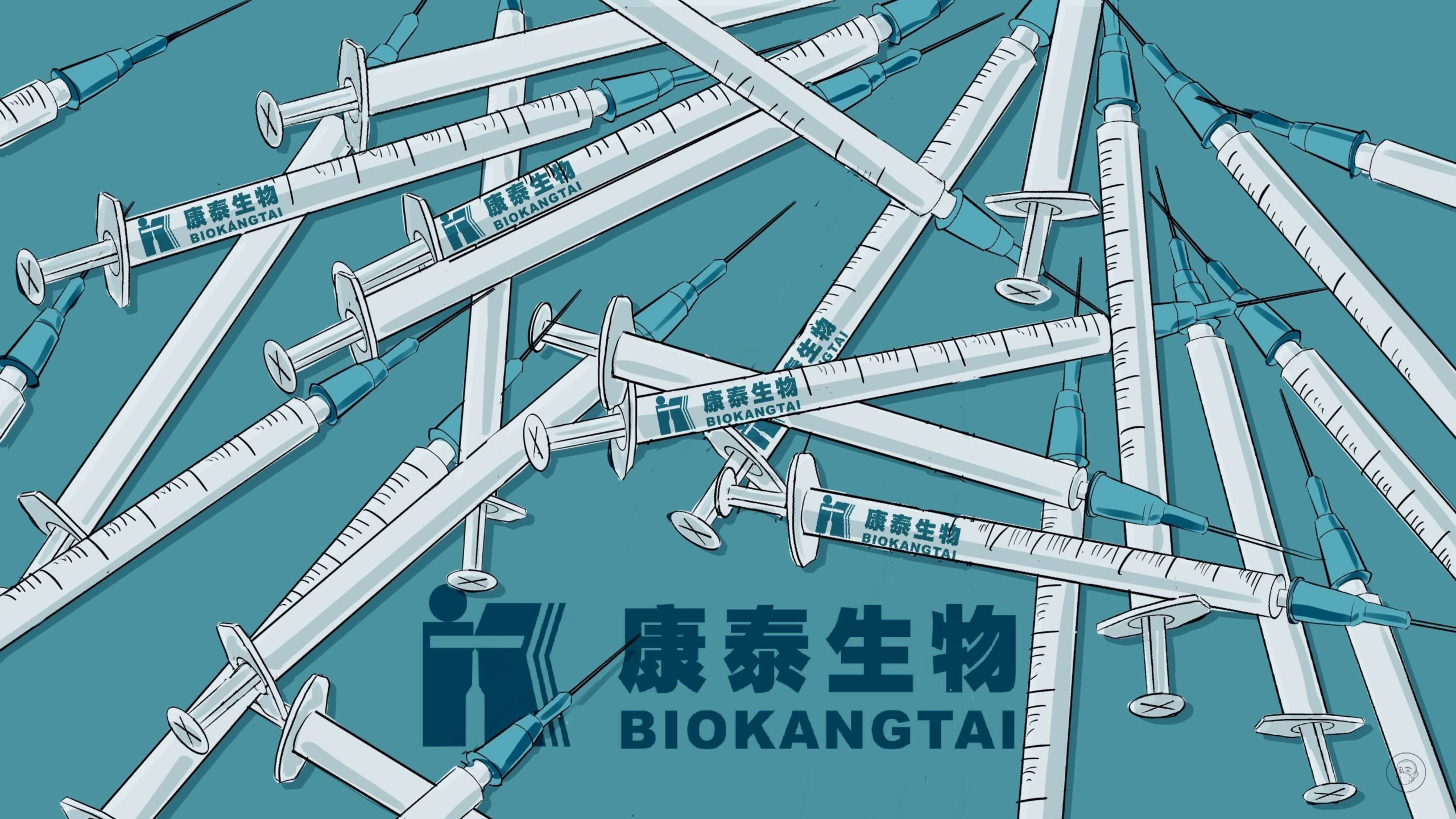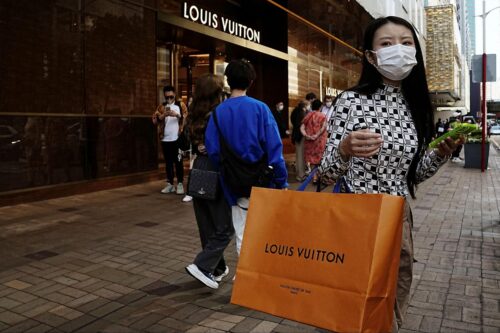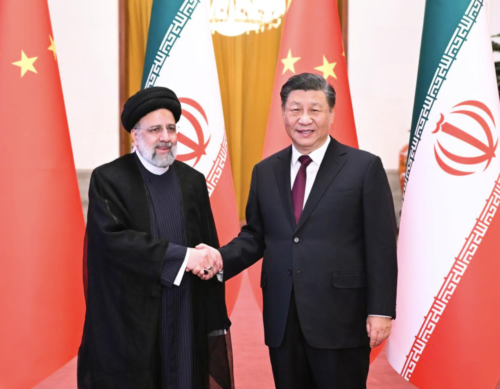COVID vaccine sales (and profits) in China are on life support
China is saturated with COVID vaccines, and its leading vaccine producer has just announced a big drop in profit.

On Sunday evening, Shenzhen Kangtai Biological Products 康泰生物 (BioKangtai), China’s leading producer of vaccines, released a shocking performance forecast:
- For the first half of the year, BioKangtai expects total revenue of 1.82 billion yuan ($270.40 million), a year-on-year increase of 73.72%.
- But it was the net profit forecast that shocked the market: just 130 million yuan ($19.22 million), a year-on-year decrease of 70.29%.
In the first quarter of this year, BioKangtai had reported a net profit of 274 million yuan ($40.53 million), a year-on-year increase of 987.71%. But in just three months, the company’s fortunes have taken a sharp dive: On July 25, the company’s stock price dropped to 34.44 yuan ($5.09) per share, a decrease of well in excess of 60% from the high point in May 2021.
BioKangtai’s explanation for all this was simple: From the second quarter, the domestic and international COVID vaccine situation has changed dramatically, and in contrast to BioKangtai’s other vaccines (for hepatitis B and pneumonia), its COVID vaccines are simply not selling anymore.
- The company did not disclose specific sales numbers, but according to one estimate, COVID vaccines accounted for more than 50% of the company’s total 2021 revenue of 3.65 billion yuan ($540.21 million).
- In addition, the company has invested heavily in research and development of an inactivated vaccine (using pathogens that have been grown in culture and then killed, in contrast to live vaccines that use pathogens that are still alive), which is currently undergoing phase 3 clinical trials in several countries, but has not been approved for testing or use in China yet. One of these countries is Ukraine, and the Russian invasion has put a stop to the trial and delayed the development of the vaccine.
BioKangtai has long been considered a vaccine “white horse stock” (白马股 báimǎ gǔ), a stock with long-term excellent performance, high returns, and high investment value. Founded in 1992, the company has developed over 30 different vaccines. In August 2020, BioKangtai’s stock price was close to 250 yuan ($36.98) per share, and its market capitalization reached 170 billion yuan ($25.14 billion).
Then, in 2021, BioKangtai entered the COVID vaccine race, and the company’s fortunes started to track the rise and fall of the pandemic:
- In February 2021, BioKangtai completed phase 1 and 2 clinical trials for its COVID vaccine.
- In May 2021, BioKangtai’s COVID vaccine was approved for use in China.
- In the second and third quarters of 2021, BioKangtai reported revenue of 775 million yuan ($114.64 million) and 1.32 billion yuan ($195.99 million), month-on-month increases of 179.87% and 70.93%, respectively, and net profits of 311 million yuan ($46 million) and 700 million yuan ($103.54 million), month-on-month increases of 11.38 times and 1.25 times, respectively.
But from there it was downhill, and the company’s COVID vaccine became a drag on profit: The combination of a sharp decline in sales of its COVID vaccines and the increased costs of the phase 3 clinical trial in Ukraine reduced BioKangtai’s total profit in the first half of the year by almost 555 million yuan ($82.09 million).
The context
There are currently seven different COVID vaccines available for use in China, five of which are inactivated vaccines, and several more are at an advanced testing stage, including new mRNA vaccines by Fosun Pharma 复星医药 and Walvax Biotechnology 沃森生物.
A situation of huge demand for COVID vaccines in 2021 has quickly been transformed into a vast oversupply of vaccines in 2022. The problem is global: In February this year, Johnson & Johnson halted production of its COVID vaccine, saying it had millions of doses in stock. (However, not all companies are feeling the pain: Moderna and Pfizer have grown their profits this year, although both companies sell an extremely wide range of products and are less dependent on vaccines than BioKangtai.)
BioKangtai’s announcement on Sunday marked a crucial point in the global saturation of COVID vaccines: COVID is still around, but demand for COVID vaccines is gone, and the COVID vaccine market is shrinking rapidly. According to China’s National Health Commission, as of July 23, a total of 1.298 billion people have received at least one COVID vaccine in China, an immunization rate of 92.1%.
Chinese vaccine exports have also subsided. In 2021, BioKangtai’s export revenue amounted to 957 million yuan ($141.56 million), a year-on-year increase of 39.02%. In October last year, for example, a BioKangtai COVID vaccine developed in partnership with AstraZeneca was authorized for use in Indonesia. According to data compiled by a Chinese investment bank, in 2021, China exported vaccines (mostly for COVID) of more than 100 billion yuan ($14.79 billion), but in the first six months of this year, this figure has dropped to only 5.11 billion yuan ($755.88 million).
Global suspicions about the quality and efficacy of Chinese vaccines will also dampen future demand, so without subsidies from the Chinese government, the vaccine makers are going to struggle to get their shots in arms around the world.
The takeaway
The world is suddenly saturated with COVID vaccines, which are far from profitable for many of the companies that make them. The challenge for China’s vaccine manufacturers now is to make a radical jump in research and development in order to produce new and much more advanced vaccines that can treat variants, can be applied easily, and can be produced rapidly. So far, that does not seem to be happening.






